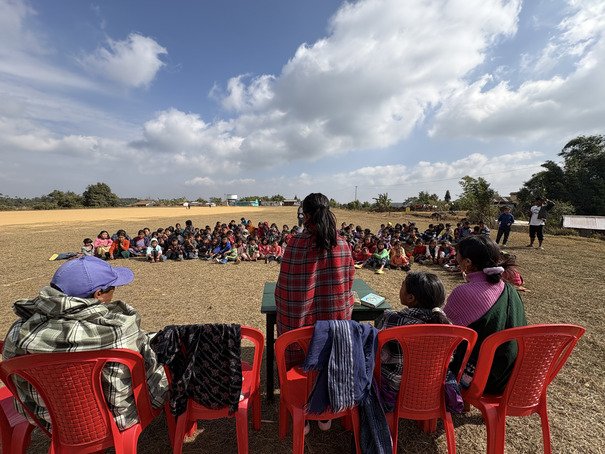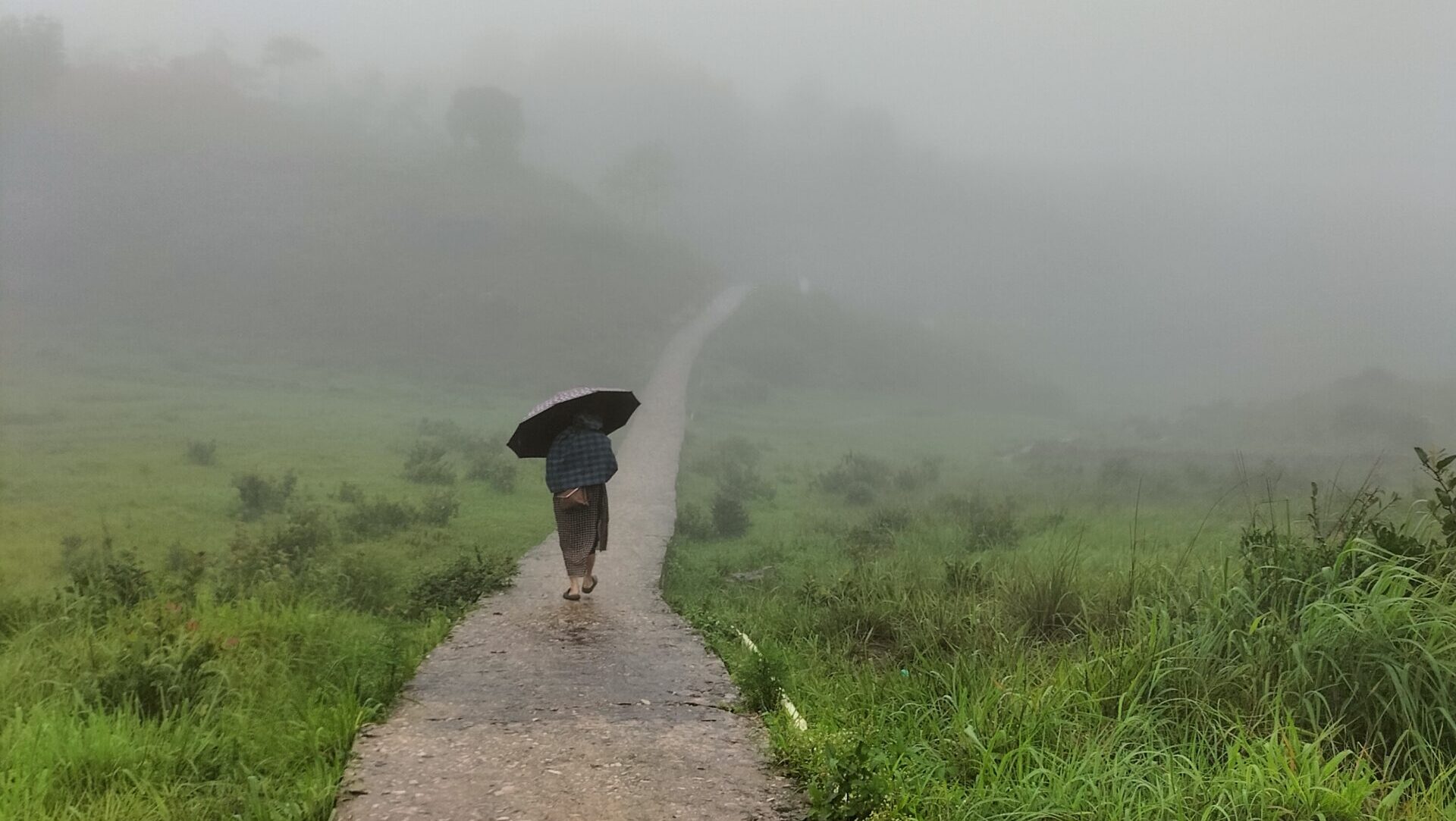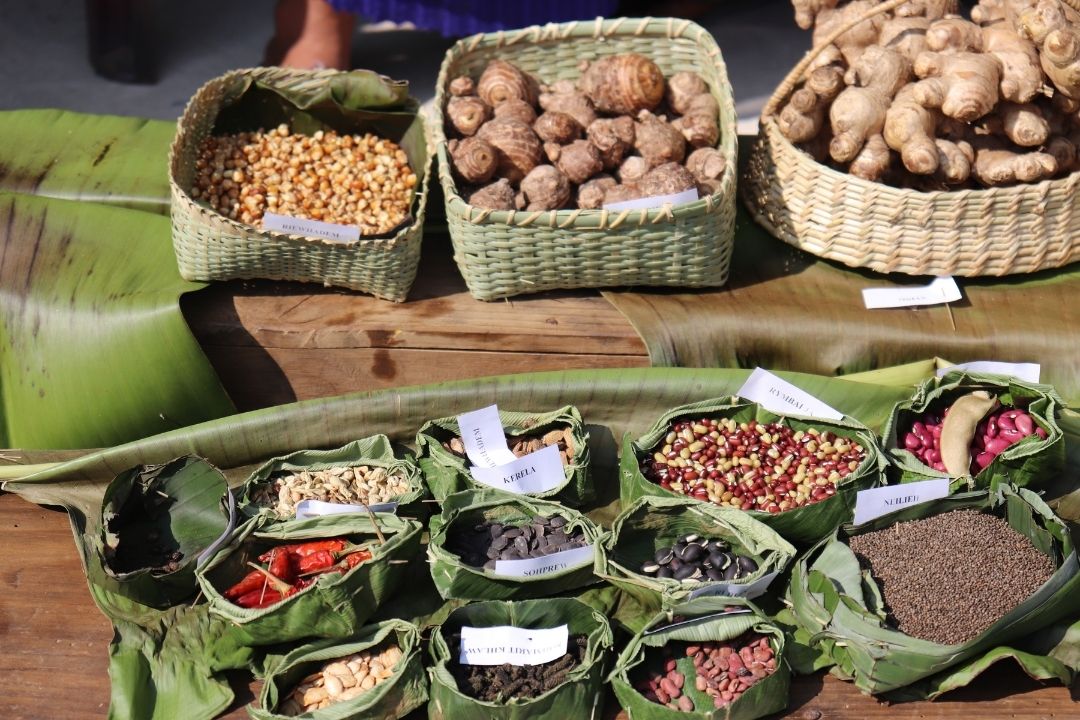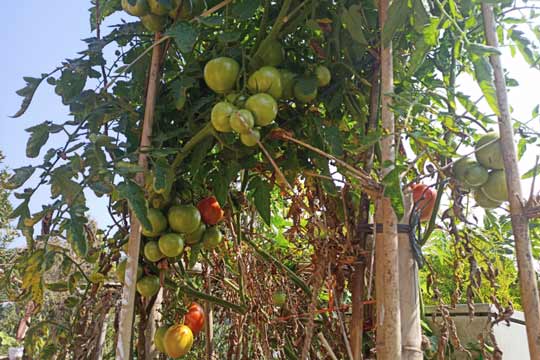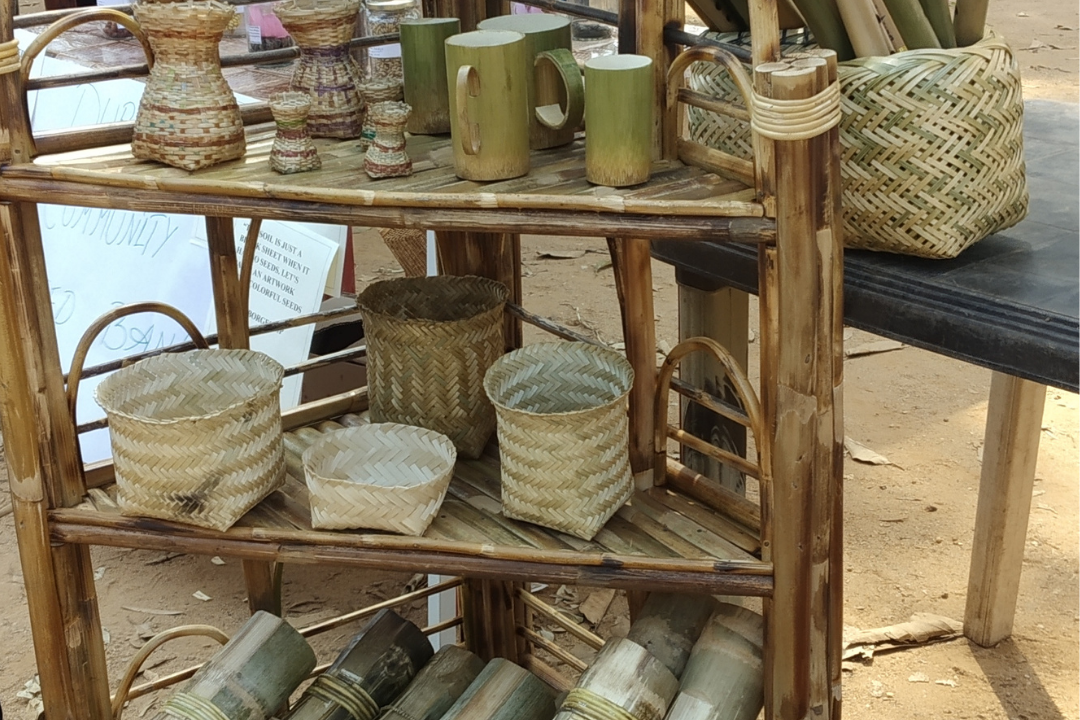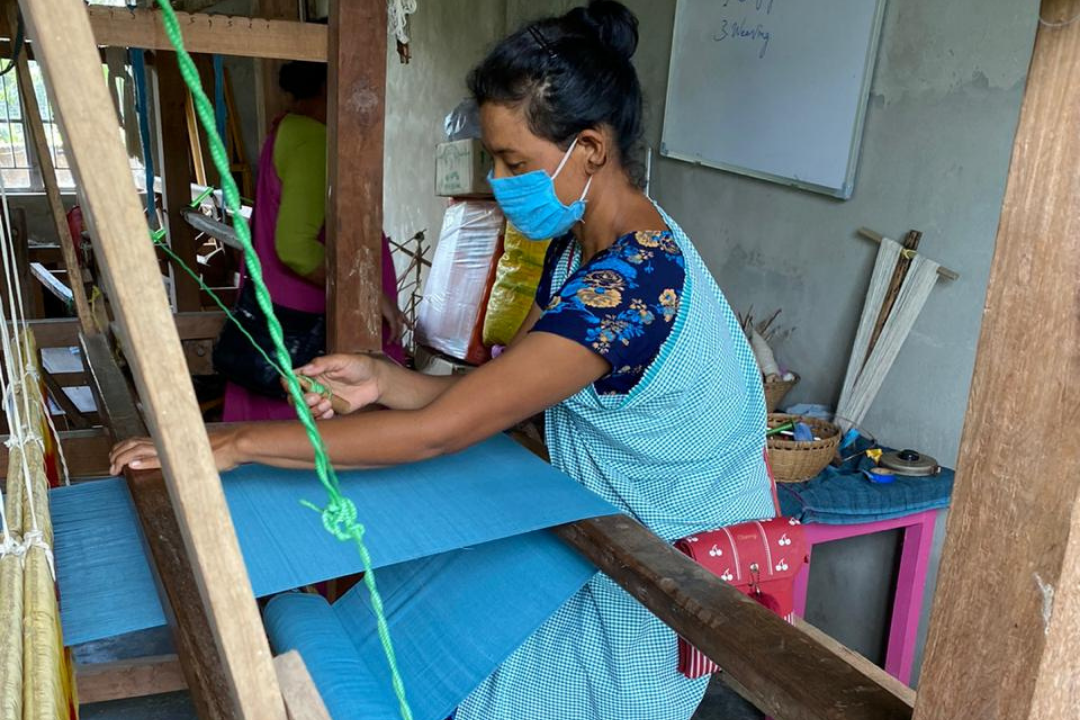Young Voices, Big Impact: How the Children’s Dorbar is Shaping Umsawwar
Written by Nicholas Jason Iangrai What if children had their own council, a space where their voices shaped their communities? The idea might sound ambitious, even idealistic, but it’s…

